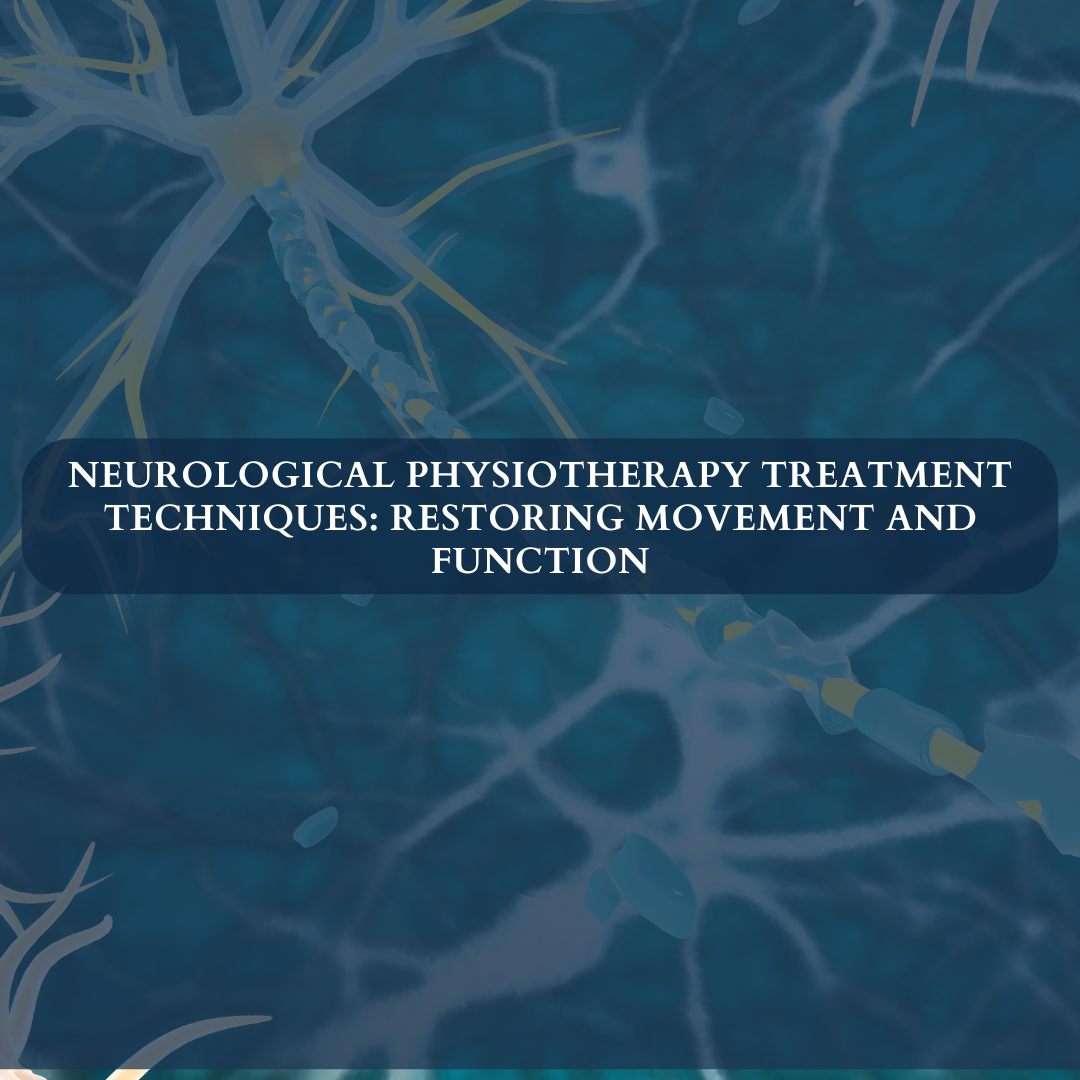Sports injuries are a common occurrence for athletes of all levels. Whether you’re a professional athlete or a weekend warrior, sustaining an injury can be frustrating and debilitating. Physiotherapy plays a crucial role in the recovery process, helping athletes regain strength, flexibility, and function.
Understanding Sports Injuries
Sports injuries can range from minor strains and sprains to more severe conditions like fractures and concussions. Common sports injuries include:
- Muscle strains: Overstretching or tearing of muscle fibers.
- Ligament sprains: Overstretching or tearing of ligaments, which connect bones.
- Tendinitis: Inflammation of tendons, which connect muscles to bones.
- Concussions: Brain injuries caused by a blow to the head.
- Stress fractures: Tiny cracks in bones caused by repetitive stress.
The Role of Physiotherapy in Sports Injury Recovery
Physiotherapy is a vital component of the recovery process for athletes. It focuses on:
- Pain management: Reducing pain and discomfort through various techniques.
- Inflammation reduction: Helping to decrease swelling and promote healing.
- Improved range of motion: Restoring flexibility and joint mobility.
- Strengthening: Building muscle strength to prevent re-injury.
- Balance and coordination: Enhancing stability and control.
- Functional restoration: Helping athletes return to their sport and daily activities.
- Injury prevention: Providing education and exercises to reduce the risk of future injuries.
Common Physiotherapy Techniques for Sports Injuries
Physiotherapists use a variety of techniques to treat sports injuries, including:
- Manual therapy: Hands-on techniques to manipulate soft tissues and joints.
- Exercise therapy: A range of exercises designed to improve strength, flexibility, and endurance.
- Modalities: Therapeutic treatments like heat, cold, ultrasound, or electrical stimulation.
- Sports-specific rehabilitation: Exercises and drills tailored to the athlete’s sport.
The Importance of Early Intervention
Seeking physiotherapy early in the recovery process can significantly improve outcomes. Early intervention helps to:
- Reduce pain and inflammation: Addressing the injury promptly can minimize discomfort.
- Prevent complications: Early treatment can help prevent stiffness, muscle atrophy, and chronic pain.
- Accelerate healing: Physiotherapy can stimulate blood flow and promote tissue repair.
- Optimize function: Early intervention can help restore full range of motion and strength.
Preventing Sports Injuries
In addition to treating injuries, physiotherapy plays a crucial role in preventing them. Physiotherapists can assess an athlete’s movement patterns, identify weaknesses, and develop a personalized prevention program. This may include:
- Strength and conditioning: Building a strong foundation to support the body.
- Flexibility and mobility: Improving range of motion to reduce the risk of injury.
- Core stability: Enhancing core strength for better balance and control.
- Proper technique: Teaching correct movement patterns to reduce strain on the body.
Also Read
Chiropractor Treatment :Common sports & exercises related injury
Conclusion
Physiotherapy is an essential part of the recovery process for athletes. By addressing pain, restoring function, and preventing re-injury, physiotherapy helps athletes return to their sport with confidence and reduce the risk of future setbacks. If you’ve sustained a sports injury, consulting with a qualified physiotherapist is highly recommended.
Ready to explore your options for chiropractic and physiotherapy? Contact SwastyaPhysio today to schedule a consultation and discover the best path to your wellness journey. We’re here to support your health every step of the way.
Banaswadi | HBR layout | Kalyan Nagar | Kammanahalli | Horamavu | Hennur






